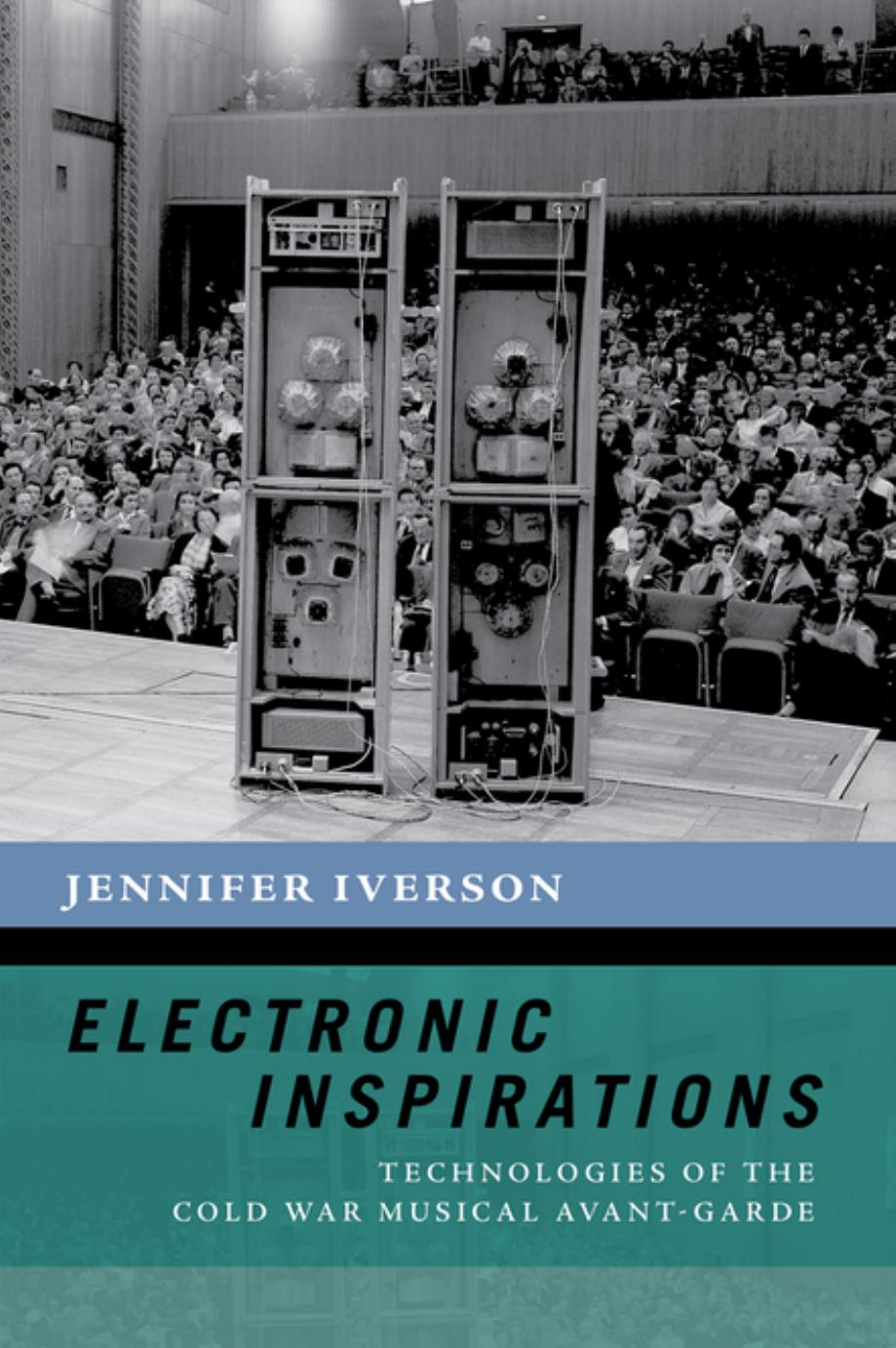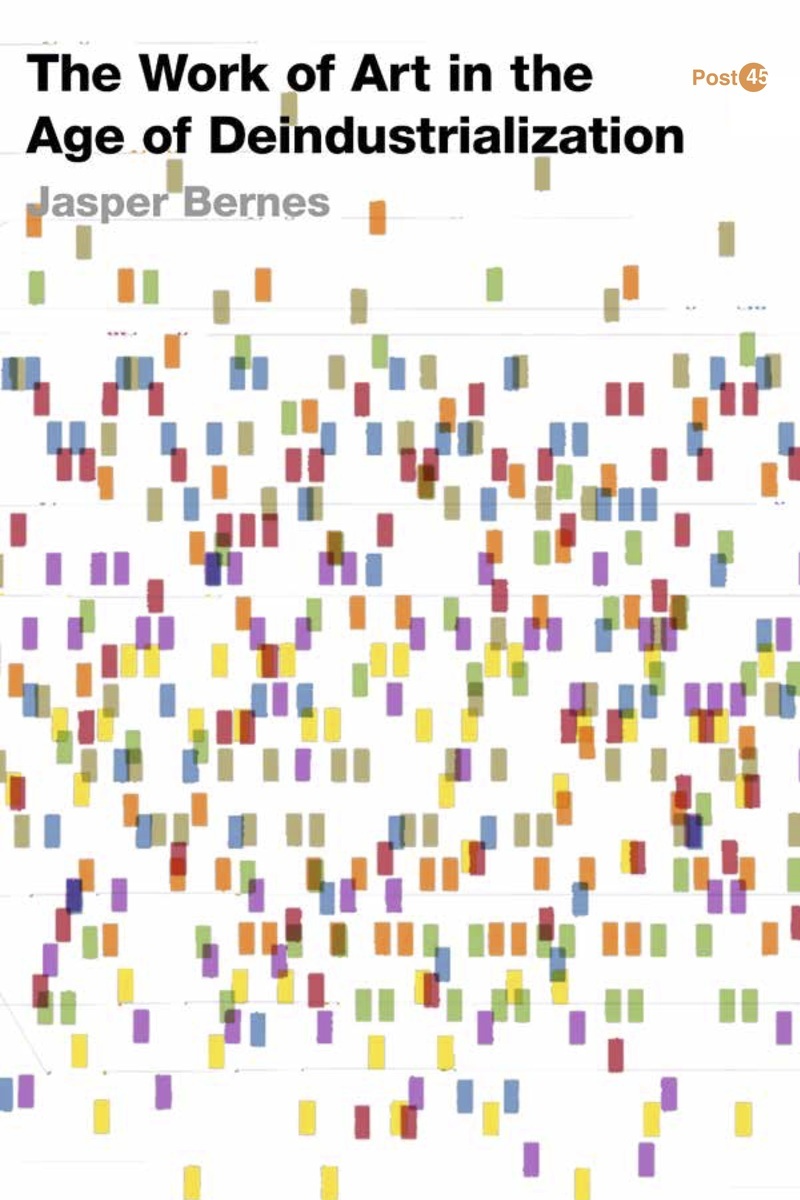John Beck, Ryan Bishop: Technocrats of the Imagination: Art, Technology, and the Military-Industrial Avant-Garde (2020)
Filed under book | Tags: · art and science, art history, avant-garde, bauhaus, cold war, cybernetics, democracy, liberalism, military, technology, war

“In Technocrats of the Imagination John Beck and Ryan Bishop explore the collaborations between the American avant-garde art world and the military-industrial complex during the 1960s, in which artists worked with scientists and engineers in universities, private labs, and museums. For artists, designers, and educators working with the likes of Bell Labs, the RAND Corporation, and the Los Angeles County Museum of Art, experiments in art and technology presaged not only a new aesthetic but a new utopian social order based on collective experimentation. In examining these projects’ promises and pitfalls and how they have inspired a new generation of collaborative labs populated by artists, engineers, and scientists, Beck and Bishop reveal the connections between the contemporary art world and the militarized lab model of research that has dominated the sciences since the 1950s.”
Publisher Duke University Press, Durham, 2020
Cultural Politics series
ISBN 9781478005957, 1478005955
viii+229 pages
Review: Lindsay Caplan (Art in America, 2020).
PDF, PDF (updated on 2022-1-16)
Comment (1)Jennifer Iverson: Electronic Inspirations: Technologies of the Cold War Musical Avant-Garde (2018)
Filed under book | Tags: · avant-garde, cold war, collaboration, cultural history, electroacoustic music, electronic music, information theory, music history, technology

“Cold War electronic music—made with sine tone and white-noise generators, filters, and magnetic tape—was the driving force behind the evolution of both electronic and acoustic music in the second half of the twentieth century. Electronic music blossomed at the Westdeutscher Rundfunk (WDR [West German Radio]) in Cologne in the 1950s, when technologies were plentiful and the need for cultural healing was great. Building an electronic studio, West Germany confronted the decimation of the “Zero Hour” and began to rebuild its cultural prowess. The studio’s greatest asset was its laboratory culture, where composers worked under a paradigm of invisible collaboration with technicians, scientists, performers, intellectuals, and the machines themselves. Composers and their invisible collaborators repurposed military machinery in studio spaces that were formerly fascist broadcasting propaganda centers. Composers of Cold War electronic music reappropriated information theory and experimental phonetics, creating aesthetic applications from military discourses. In performing such reclamations, electronic music optimistically signaled cultural growth and progress, even as it also sonified technophobic anxieties. Electronic music—a synthesis of technological, scientific, and aesthetic discourses—was the ultimate Cold War innovation, and its impacts reverberate today.”
Publisher Oxford University Press, New York, 2018
The New Cultural History of Music series
ISBN 9780190868192, 0190868198
xi+303 pages
Reviews: Lucie Vágnerová (Integral, 2019), Ted Gordon (Current Musicology, 2019), James Davis (Music & Letters, 2019), Maurice Windleburn (Sound Studies, 2020).
PDF (32 MB)
Comment (0)Jasper Bernes: The Work of Art in the Age of Deindustrialization (2017)
Filed under book | Tags: · aesthetics, avant-garde, capitalism, cybernetics, information, labour, literary criticism, marxism, poetry, postindustrial, productivity, taylorism, technology, work

“A novel account of the relationship between postindustrial capitalism and postmodern culture, this book looks at American poetry and art of the last fifty years in light of the massive changes in people’s working lives. Over the last few decades, we have seen the shift from an economy based on the production of goods to one based on the provision of services, the entry of large numbers of women into the workforce, and the emergence of new digital technologies that have transformed the way people work. The Work of Art in the Age of Deindustrialization argues that art and literature not only reflected the transformation of the workplace but anticipated and may have contributed to it as well, providing some of the terms through which resistance to labor was expressed. As firms continue to tout creativity and to reorganize in response to this resistance, they increasingly rely on models of labor that derive from values and ideas found in the experimental poetry and conceptual art of decades past.”
Publisher Stanford University Press, 2017
Post ’45 series
ISBN 9780804796415, 0804796416
viii+231 pages
Reviews: Stevphen Shukaitis (Marx & Philosophy Review of Books, 2017), Julian Murphet (Affirmations, 2017), Vince Carducci (Public Seminar, 2017).
Comment (0)
